Keywords: University Of Melbourne
There are more than 200 results, only the first 200 are displayed here.
-
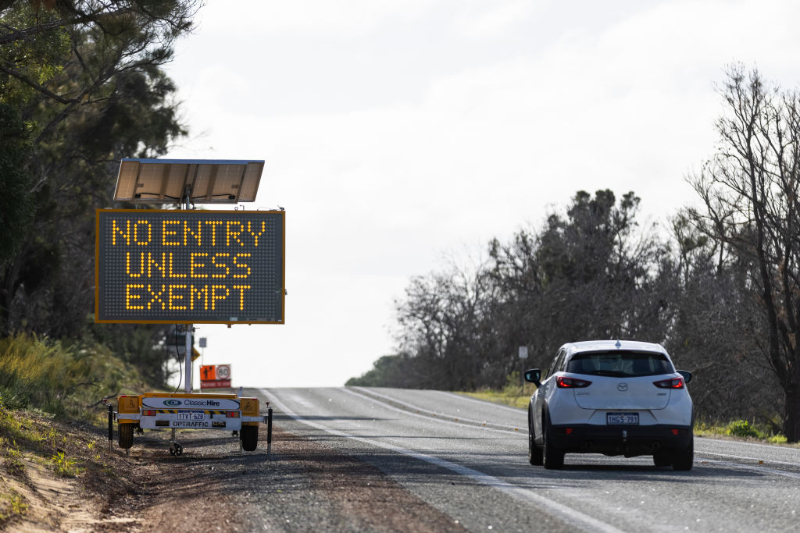
AUSTRALIA
- Frank Brennan
- 09 September 2021
5 Comments
Clive Palmer is one Australian wanting to smash border restrictions during this time of pandemic. He is threatening to go back to the High Court seeking recognition of his right as an Australian citizen to travel freely between the States. In particular he claims the right to enter Western Australia where he has significant mining interests.
READ MORE 
-
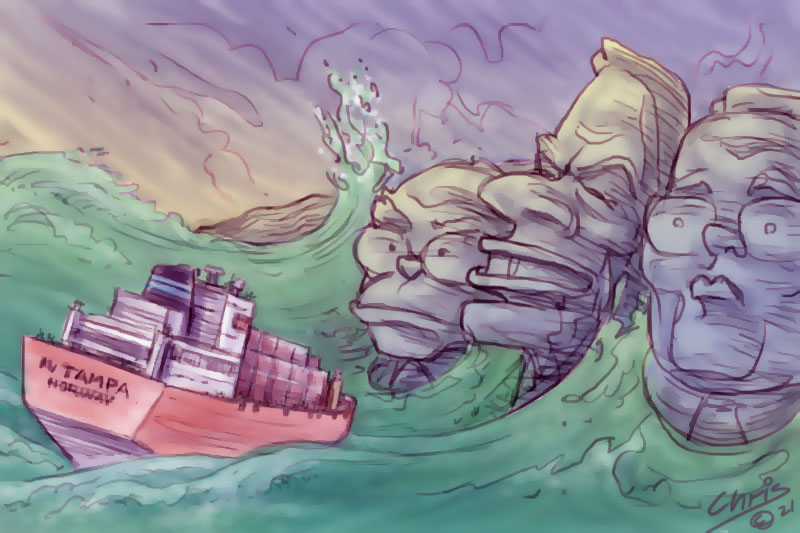
INTERNATIONAL
- Binoy Kampmark
- 07 September 2021
23 Comments
It took 438 desperate human beings upon the overladen wooden fishing boat, the KM Palapa, to present Australia’s Howard government in August 2001 with an electoral opportunity. At first, there was feigned ignorance from Canberra about any signs of desperation. The vessel, lacking power, lay some 100km off Christmas Island. Despite a coast guard plane noting men jumping up and down on the roof in a frenzy, nothing was initially done.
READ MORE 
-

RELIGION
One might submit that a Plenary Council is a cumbersome instrument to ascertain the genuinely representative views of the Catholic Church in Australia. Many of the canonical strictures regarding the membership, agenda and process of the Council will dampen the original enthusiasm for the Council that provoked over 17,500 submissions.
READ MORE 
-
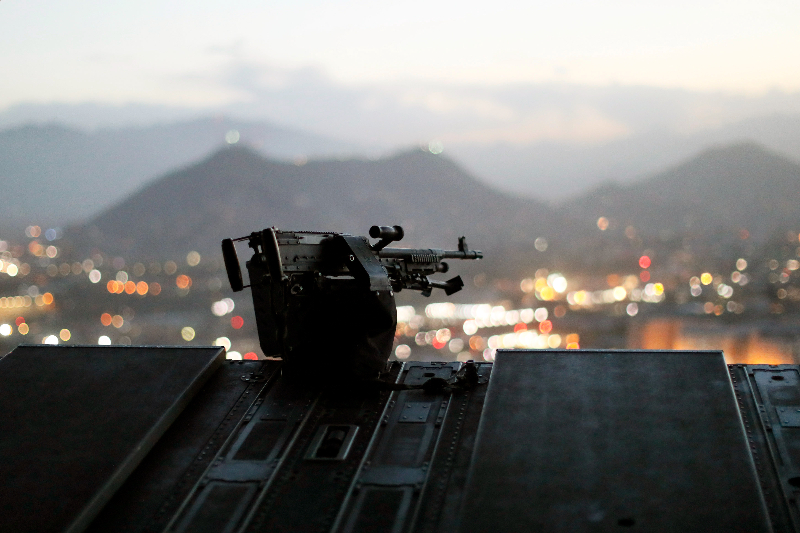
INTERNATIONAL
- Binoy Kampmark
- 24 August 2021
10 Comments
The New York Times editorial on 15 August was all about tragedy in describing the fall of Kabul to the Taliban. ‘Tragic because the American dream of being the “indispensable nation” in shaping a world where the values of civil rights, women’s empowerment and religious tolerance rule proved to be just that: a dream.’
READ MORE 
-
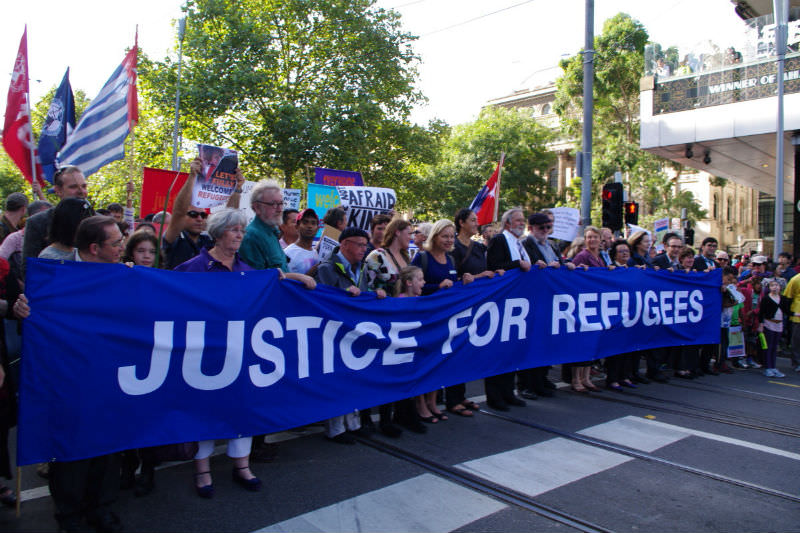
AUSTRALIA
- Frank Brennan
- 17 August 2021
9 Comments
Last Wednesday, the Senate Standing Committee for the Scrutiny of Delegated Legislation chaired by the Government’s Senator Concetta Fierravanti-Wells tabled a report highlighting problems with a proposed new regulation affecting charities.
READ MORE 
-

ARTS AND CULTURE
- Brian Matthews
- 05 August 2021
4 Comments
In times of unexpected or inexplicable crisis, humans all over the globe regardless of race, religion, lineage or historical evidence, will often turn to myth, the occult, each other, to their until then untested and unimpressive leaders, or to a hoped-for apparent miracle to explain what seemed otherwise beyond explanation.
READ MORE 
-
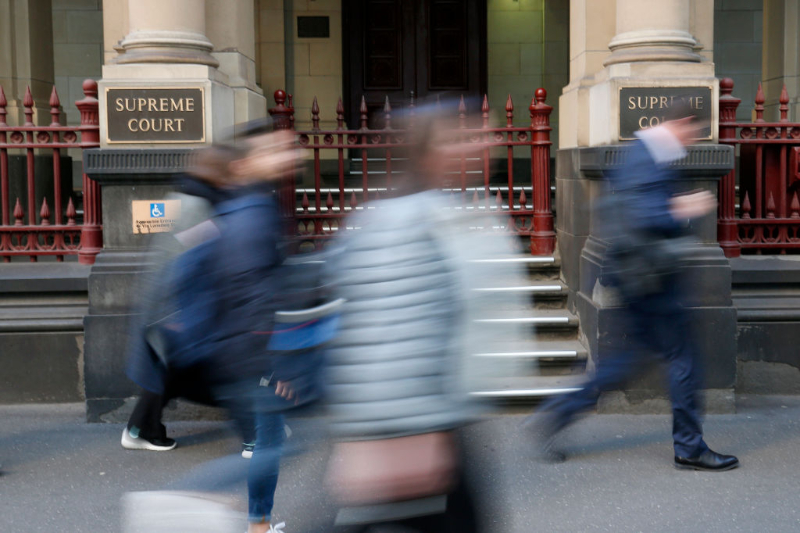
AUSTRALIA
- Rebecca Dominguez
- 02 August 2021
4 Comments
Last month, a man and a woman were sentenced to between six and eight years in jail for intentionally possessing and exercising the right of ownership over a slave between 2007 and 2015 in Mount Waverley, Victoria. After arriving in Australia from the Tamil Nadu province in India on a 30-day tourist visa, the woman’s passport was taken from her and she was forced to cook, clean and care for the couple’s three children on an average $3 per day.
READ MORE 
-
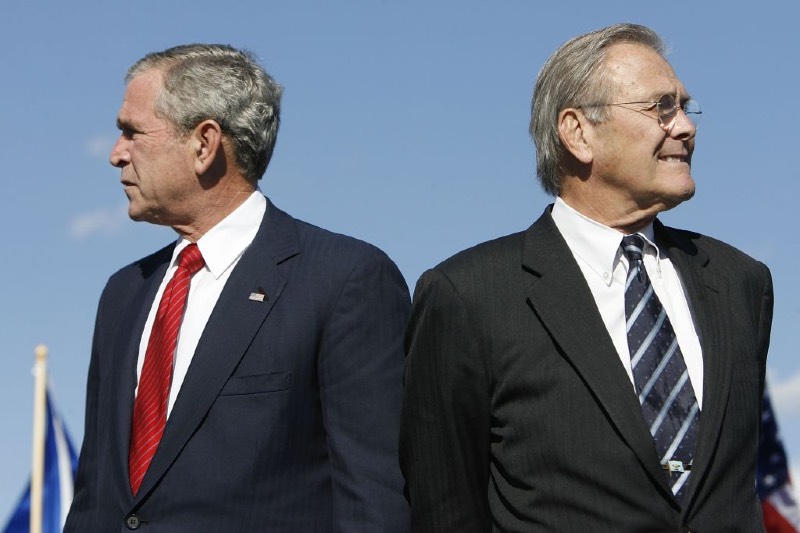
INTERNATIONAL
- Binoy Kampmark
- 22 July 2021
13 Comments
The late Donald Rumsfeld, twice US Secretary of Defense, a Fortune 500 CEO, and congressman for three terms, did not let evidence and the firmness of facts trouble him. If he had a cause to pursue he would. Morality was merely an impediment to service.
READ MORE 
-
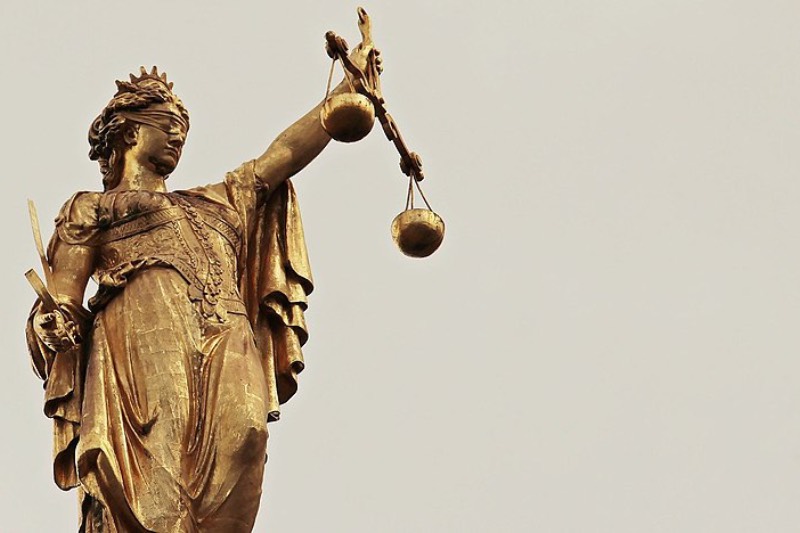
AUSTRALIA
- Frank Brennan
- 13 July 2021
12 Comments
Australian governments and judges have been playing catch up for a long time trying to deal with the backlog of claims for migrant visas. A couple of recent judgments highlight the frustration at work in the system.
READ MORE 
-

AUSTRALIA
- Cristy Clark
- 13 July 2021
16 Comments
Although there has been a reasonable level of attention paid to governance issues — such as the incredibly slow vaccine roll out, the ongoing problems with hotel quarantine, and the timing of the lockdown itself — Sydney’s current lockdown has also been marked by an unhelpful focus on individual actions.
READ MORE 
-
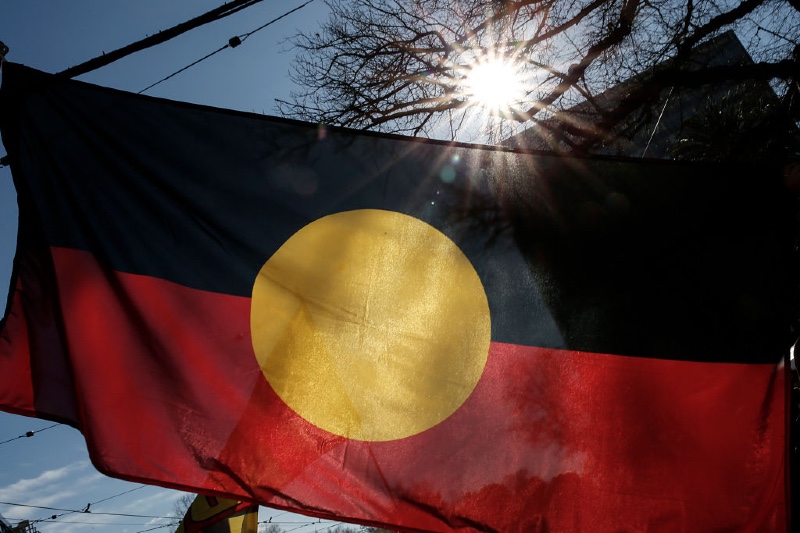
FAITH DOING JUSTICE
But it is possible the members of the Plenary could begin to hear a deeper voice speaking in their hearts. There may arise a new courage to start a process of truth and reconciliation, reporting the process of this journey to the second Plenary Council planned for Sydney, July 2022. We can only begin that journey if members of the Plenary Council come and are open to listening to that deep inner voice.
READ MORE
-

AUSTRALIA
Reading the paper, Instrumentum Laboris, written in preparation for the coming Plenary Council, I found myself quite disappointed by the lack of depth, awareness and any sense of the need for an apology. Much less an openness to any serious conversion that is needed within the Church.
READ MORE 